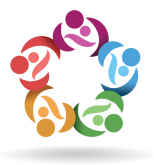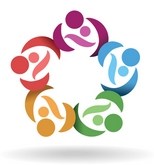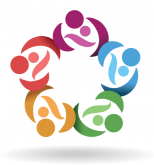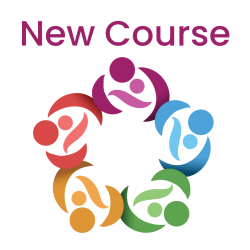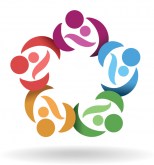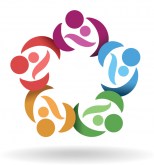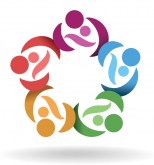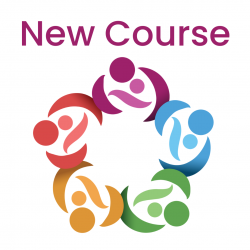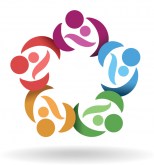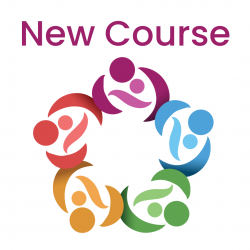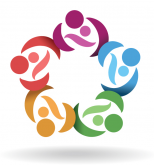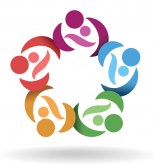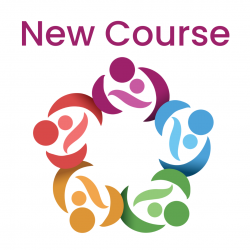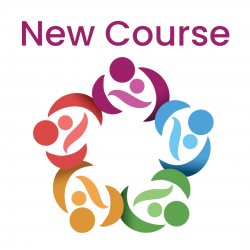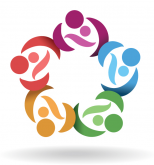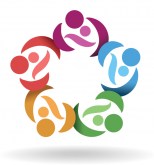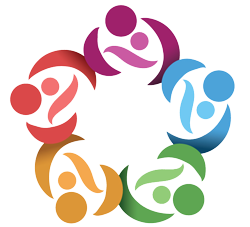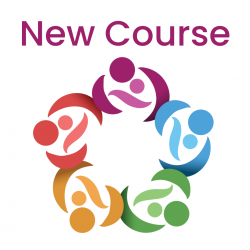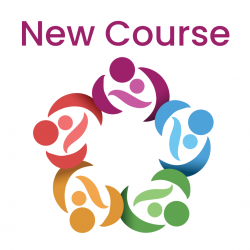Results 1 - 36 of 102
Continuing Education
Price: $99.00 USD
Price: $24.00 USD
ARRIVE Trial: A Critical Analysis & International Perspective
Deeply hone your research analysis skills
Price: $17.00 USD
BreaSteps: Breastfeeding the Premature Infant
Premature baby in the NICU setting and skin-to-skin ...
Price: $42.00 USD
Breastfeeding and Motherhood from the Perspective of Islam
Key understandings for culturally humble, effective ...
Price: $36.00 USD
Breastfeeding Infants and Children with Malignancy
A Guide to Supporting the Whole Family
Price: $48.00 USD
Price: $17.00 USD
Price: $30.00 USD
Building Bridges: The Power of Partnerships in Advancing Breastfeeding/Chestfeeding Support
Create Connections that Work in Your Own Setting
Price: $30.00 USD
Community Milk-Sharing:Utilizing the Village to Combat Food Insecurity
Dispel myths & give evidence-based care
Price: $17.00 USD
Complementary and Alternative Medicine in Breastfeeding Therapy
Powerful new tools for your toolbox
Price: $30.00 USD
Comprehensive Review of Infant Suck
Normal infant suckling, suckling challenges, and how to help
Price: $129.00 USD
Creating a Lactation Private Practice
Plan, Launch, Manage, and Grow Your Business
Price: $24.00 USD
Price: $36.00 USD
Price: $48.00 USD
From Birth to Breast: The Effects of Labor Medications on Lactation
The Effect on Lactation and Strategies for Support
Price: $24.00 USD
Full 75 CERP Recertification Bundle to Meet Requirements
This course has you covered for the CERPs needed for ...
Price: $859.00 USD




